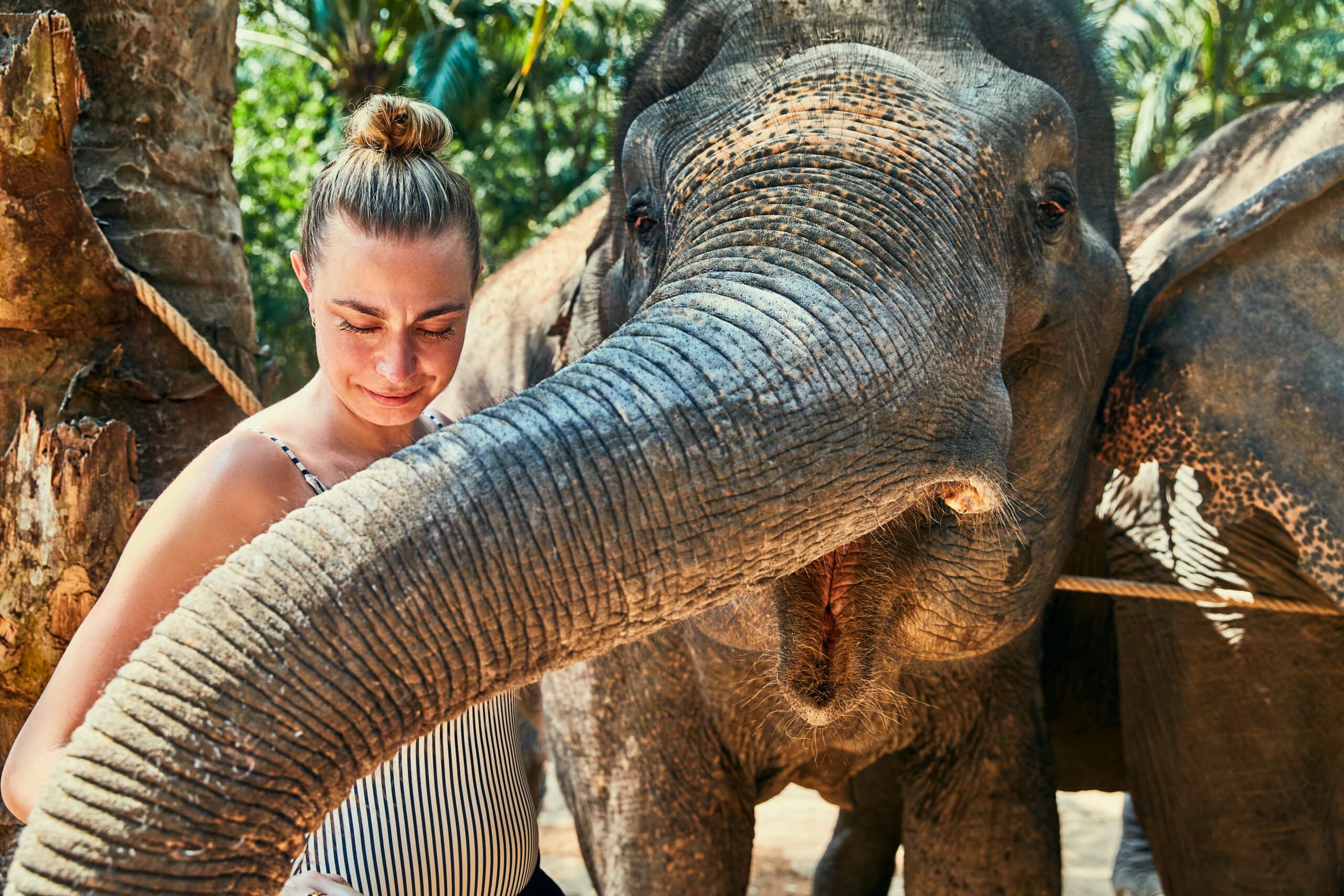
Animals have always played a role in entertainment, from circuses and movies to zoos and theme parks. They capture our attention, provide joy, and sometimes educate us about the natural world. However, their presence in entertainment raises important questions about welfare, treatment, and ethical responsibility. Ensuring animals are treated with respect and care is essential for both their well-being and the integrity of the entertainment industry.
The ethical treatment of animals goes beyond simply avoiding harm. It includes providing proper living conditions, nutrition, mental stimulation, and humane training methods. Many people assume animals in movies or shows are always safe, but there have been historical cases of abuse that prompted stricter regulations. Today, audiences increasingly care about how animals are treated and demand transparency from organizations that use animals in their productions.
Circuses and Live Performances
Circuses have traditionally featured animals, such as elephants, lions, and tigers, performing tricks for their audiences. While the spectacle can be entertaining, it often comes at the cost of the animal’s welfare. Long travel periods, confinement, and unnatural behaviors can cause stress and health problems. Ethical considerations now require circuses to reconsider their use of animals or adopt alternative approaches such as human-only performances or digital effects.
In recent years, several countries and states have banned the use of wild animals in circuses. These decisions reflect growing public awareness and concern for animal well-being. Some modern circuses focus entirely on human performers, creating incredible shows that rely on no animals at all. These models prove that entertainment can remain engaging while respecting the rights and welfare of animals.
Film and Television Production
The use of animals in movies and TV shows can be complex. Animals may face long hours, bright lights, loud noises, and unfamiliar environments, which can lead to anxiety and exhaustion. To ensure ethical treatment, production teams must adhere to strict guidelines for care, handling, and safety. Animal welfare organizations often monitor sets to prevent mistreatment and ensure that animals are not overworked.
Technology has also created new possibilities for reducing the use of live animals. CGI and animatronics allow filmmakers to portray realistic animal behavior without exposing animals to stressful conditions. While live animals can provide authenticity, productions that prioritize their welfare and adopt alternative methods demonstrate both ethical responsibility and creativity.
Theme Parks and Zoos
Animals in theme parks and zoos can play a dual role, entertaining the public while also educating them. However, ethical questions arise when animals are kept in small enclosures, displayed for prolonged periods, or forced to perform unnatural behaviors. Modern zoos and sanctuaries strive to enhance living conditions, offer enrichment activities, and support conservation efforts, underscoring the importance of responsible care.
Visitors now expect transparency regarding the treatment of animals. Parks that provide naturalistic habitats, proper veterinary care, and opportunities for social interaction among animals earn public trust and positive attention. Focusing on education and conservation enables these facilities to engage audiences while upholding ethical standards and fostering respect for animals.
Training and Handling Practices
How animals are trained greatly affects their welfare. Traditional methods using fear, punishment, or coercion are not only unethical but also dangerous. Positive reinforcement, patience, and gradual skill-building are recognized as humane and effective approaches. Trainers who use these methods encourage natural behaviors and reduce stress, ensuring that animals perform safely and comfortably.
Responsible trainers also monitor the animal’s health, mental state, and fatigue levels. By setting limits on performance durations, providing proper rest, and offering enrichment, trainers prioritize the animal’s well-being. Audiences and owners alike benefit from animals that are happy, healthy, and capable of performing without fear or pain.
Legal and Regulatory Frameworks
Laws and regulations play a critical role in protecting animals in entertainment. Organizations like the American Humane Association monitor productions and certify that animals are treated humanely. Many countries have enacted legislation that restricts certain practices or mandates welfare standards. Compliance ensures that animals receive proper care, minimizes abuse, and establishes an ethical standard for the entertainment industry.
Legal frameworks also provide recourse in the event of violations. Penalties, inspections, and public reporting mechanisms encourage accountability. As regulations evolve, organizations are motivated to adopt best practices and educate staff, demonstrating that ethical treatment benefits both animals and the industry’s credibility.
Public Awareness and Consumer Choices
Public opinion increasingly influences how animals are treated in entertainment. Viewers, attendees, and customers often choose to support businesses and productions that demonstrate ethical practices. Social media campaigns and documentaries highlighting mistreatment have led to changes in industry practices and increased advocacy for animal rights.
Individuals can contribute by researching shows, movies, or attractions before attending, supporting organizations that prioritize animal welfare, and raising awareness about ethical concerns. Consumer demand for humane treatment drives improvements, demonstrating that ethical choices can lead to widespread change in the entertainment sector.
The ethical treatment of animals in entertainment is an evolving responsibility that demands awareness, care, and a commitment to responsible practices. From circuses to films, theme parks, and training practices, each area has unique challenges and opportunities for humane treatment. Audiences, regulators, and professionals all play a role in ensuring animals are respected, safe, and treated ethically. By embracing transparency, positive reinforcement, and responsible alternatives, the entertainment industry can provide enjoyment while protecting the well-being of animals. Ethical entertainment benefits everyone, creating a more compassionate and sustainable relationship between humans and animals.